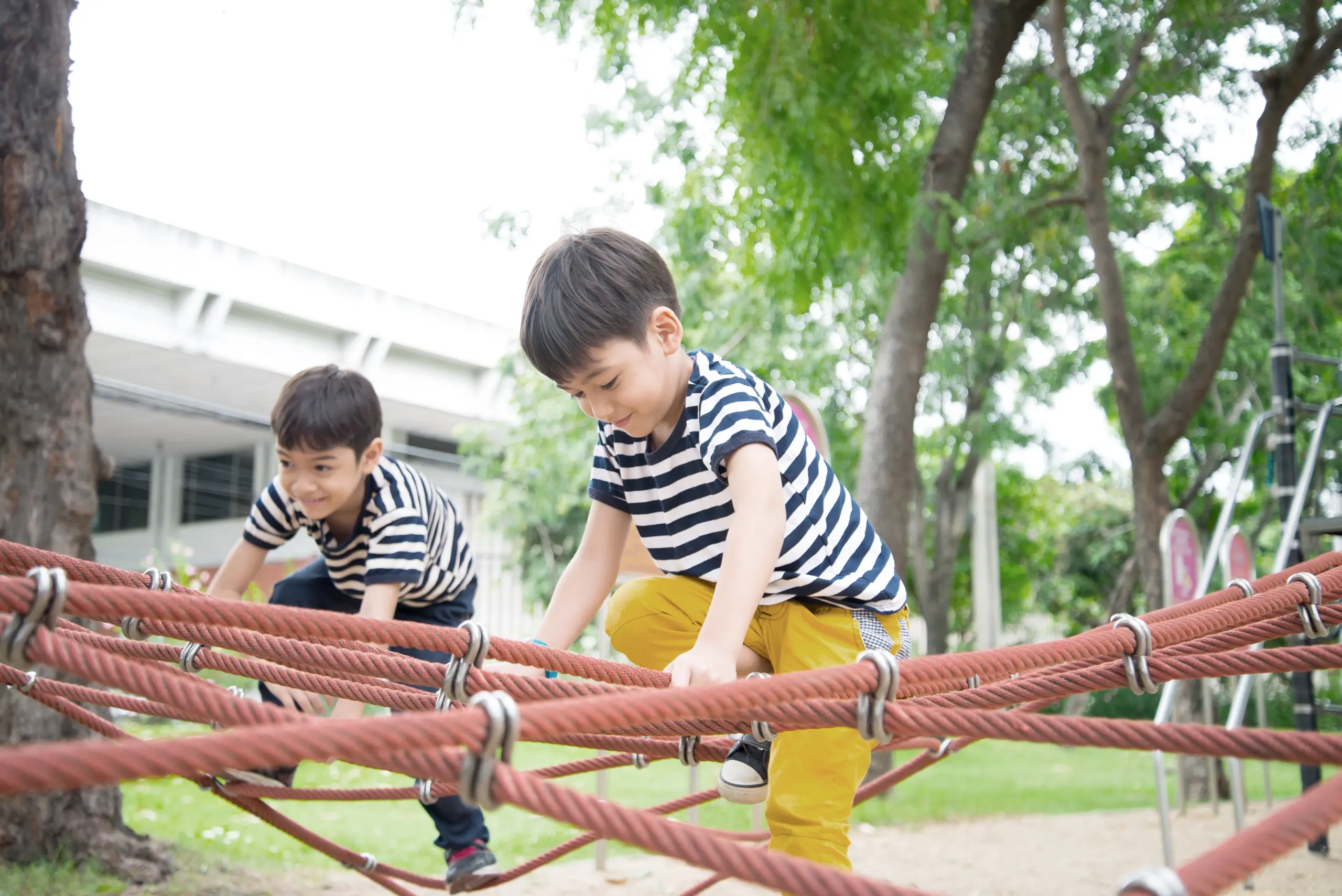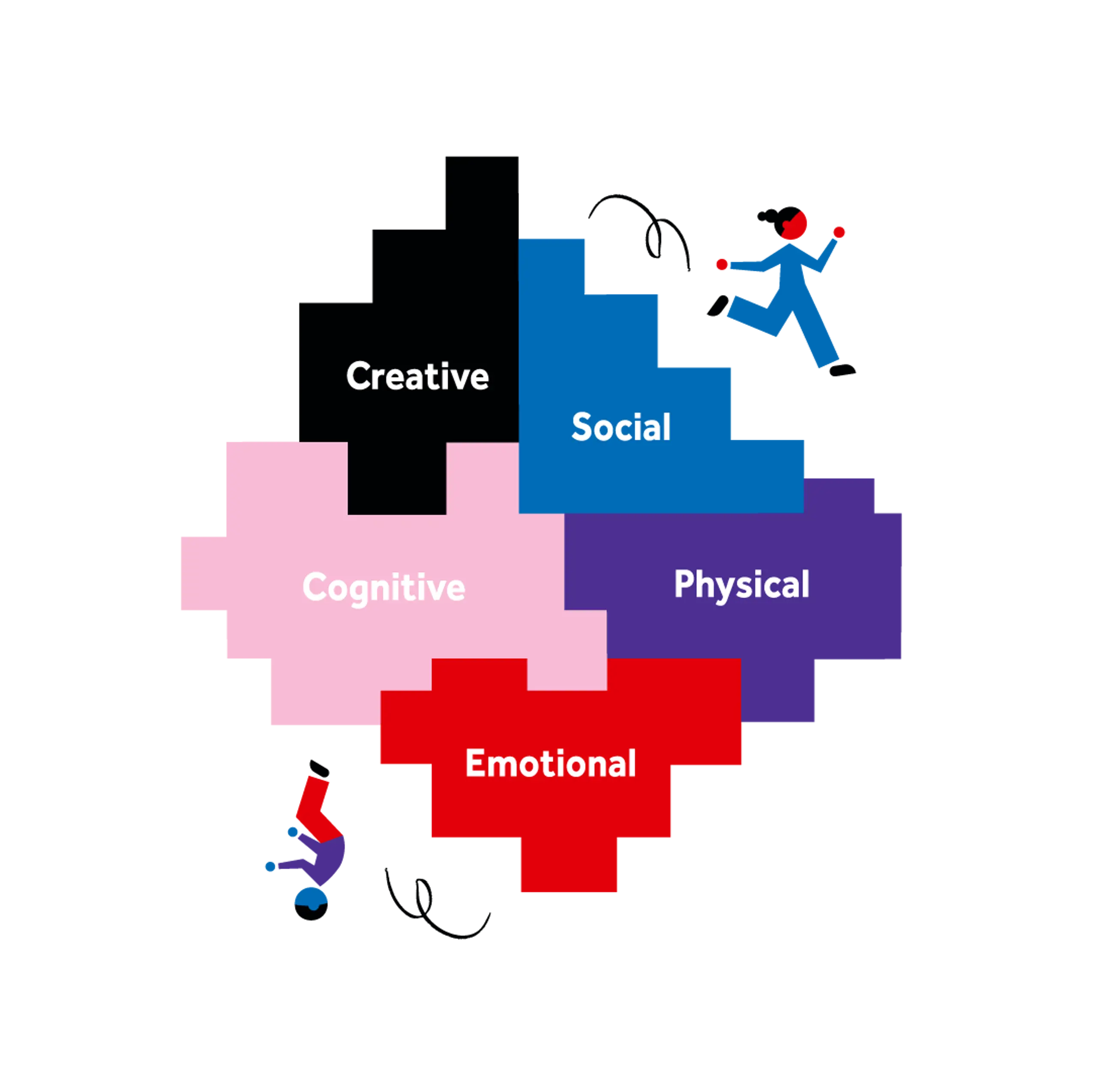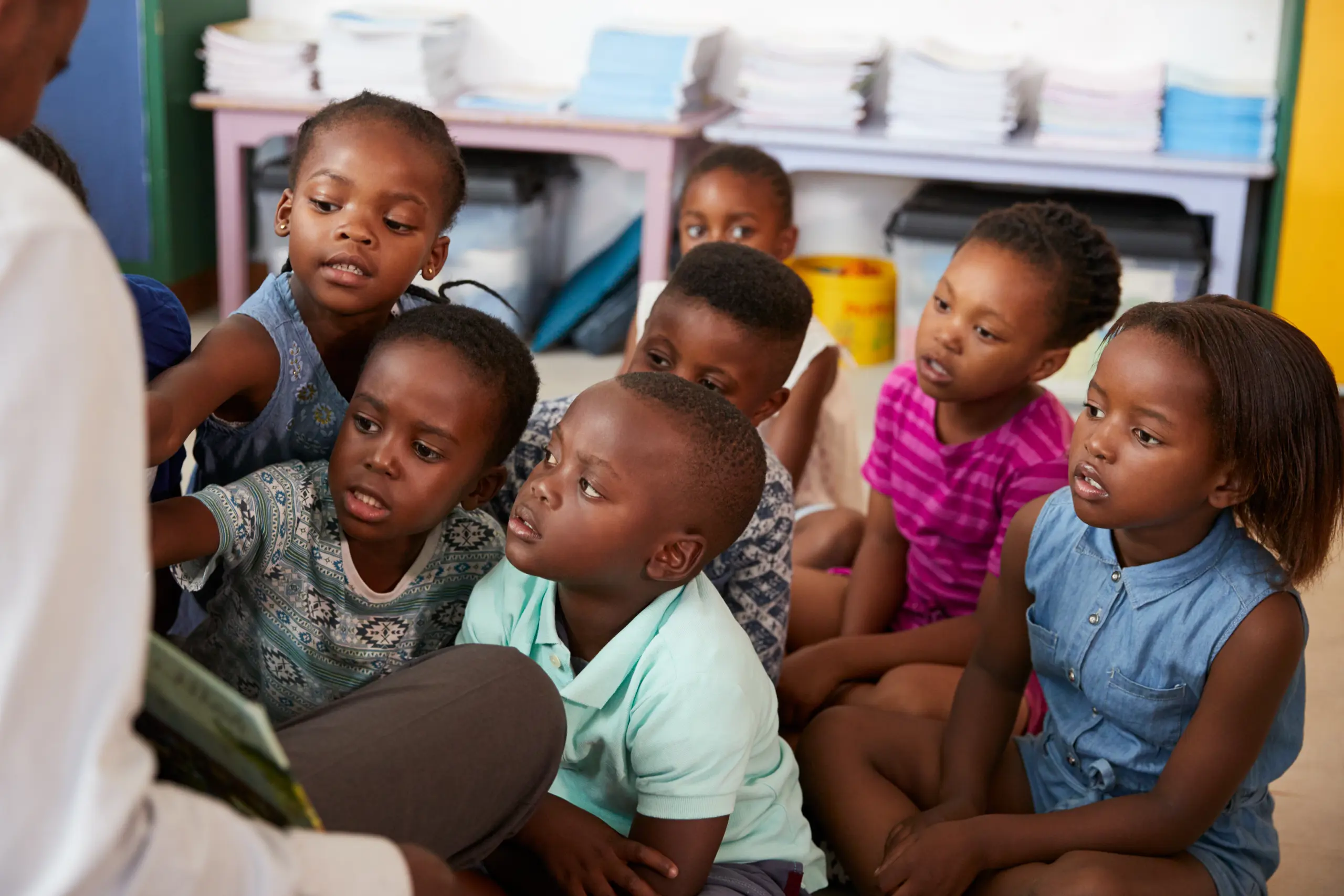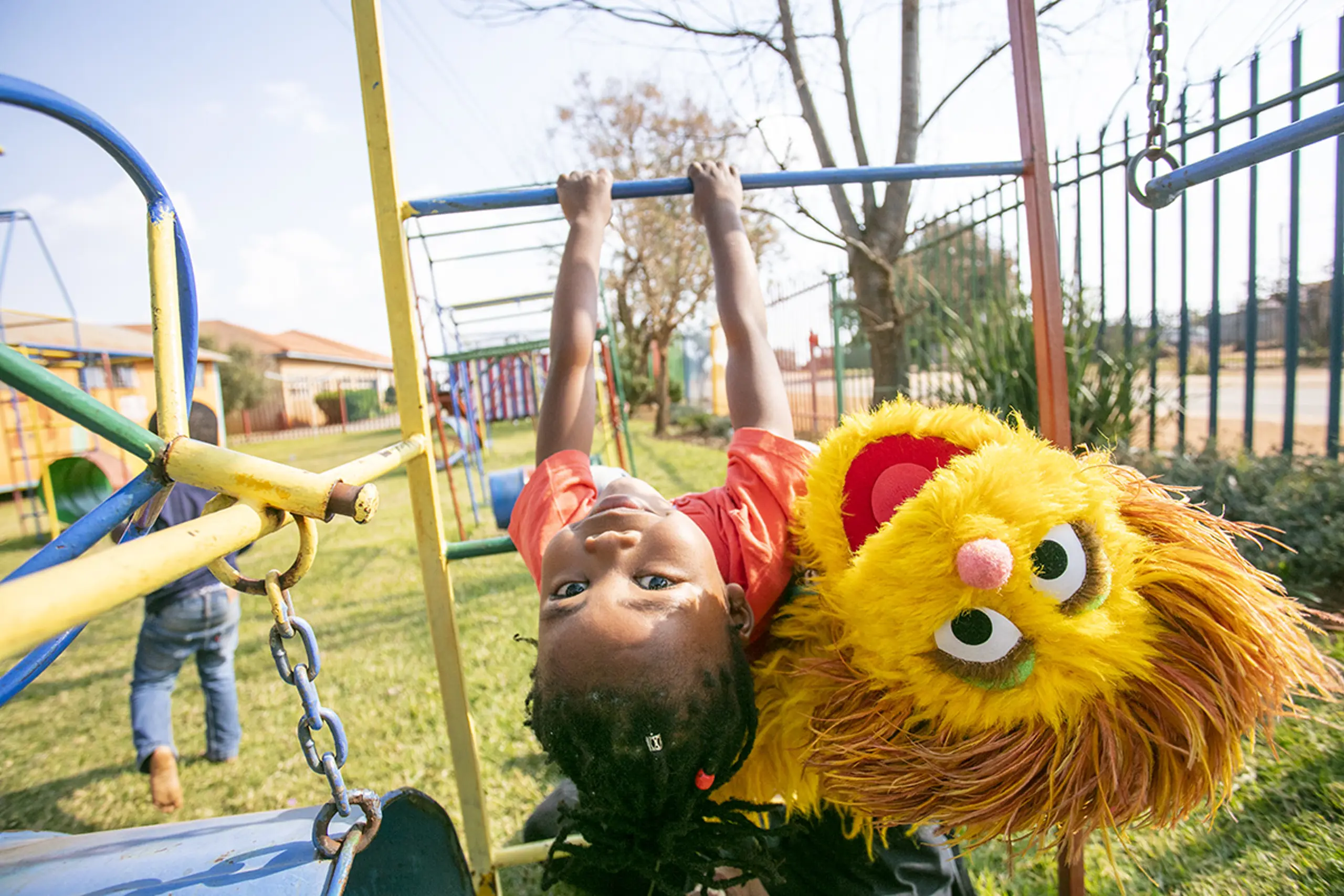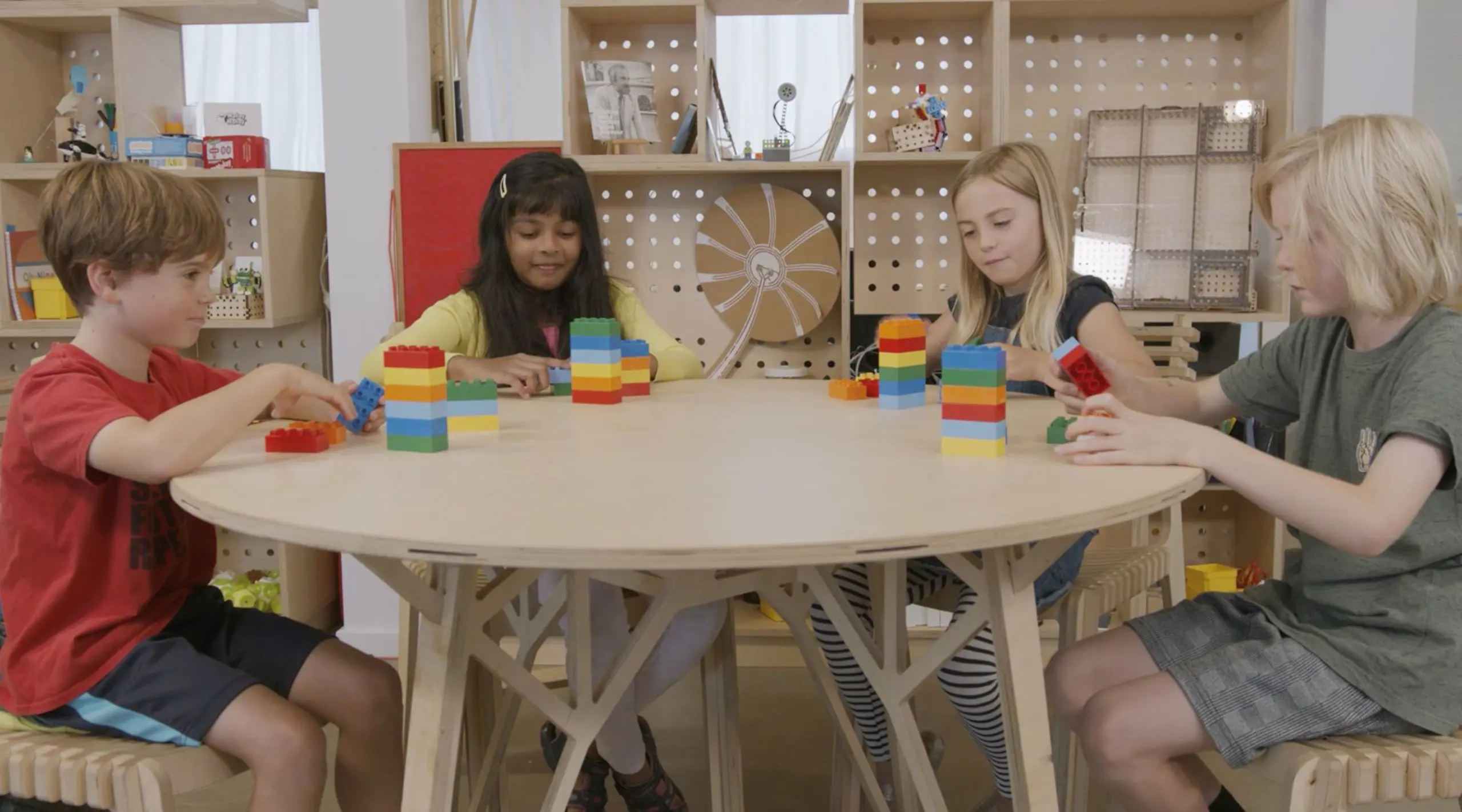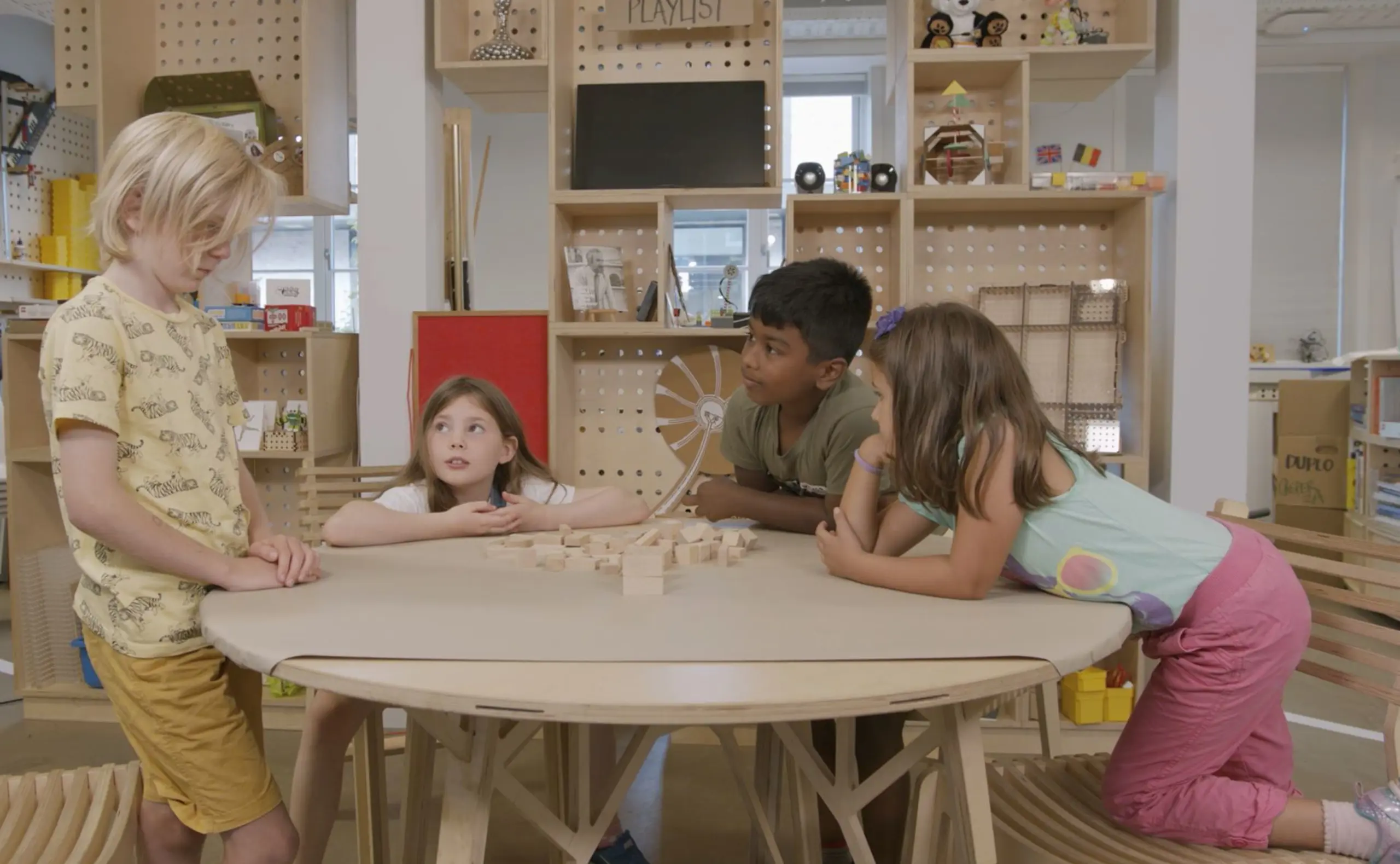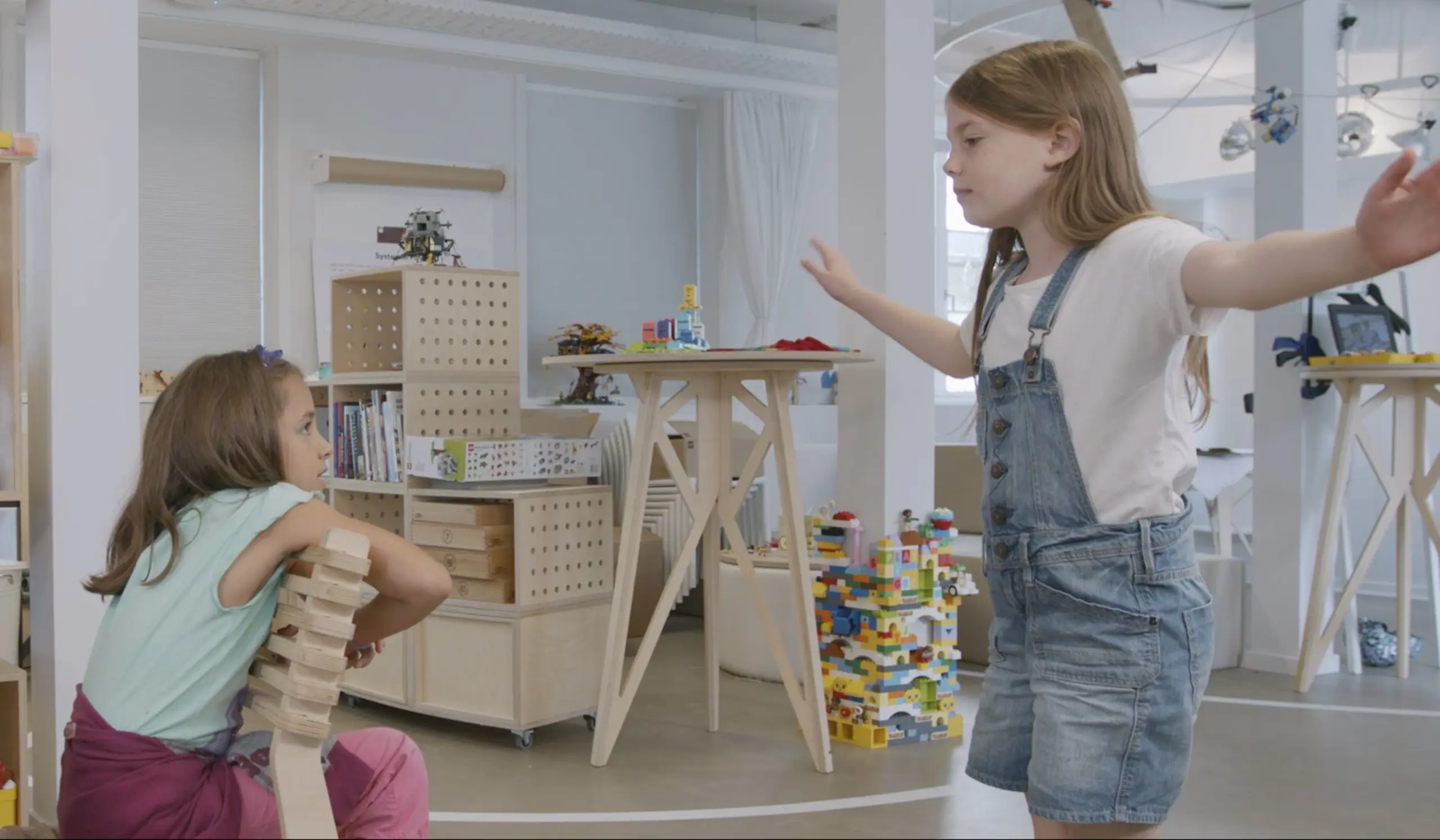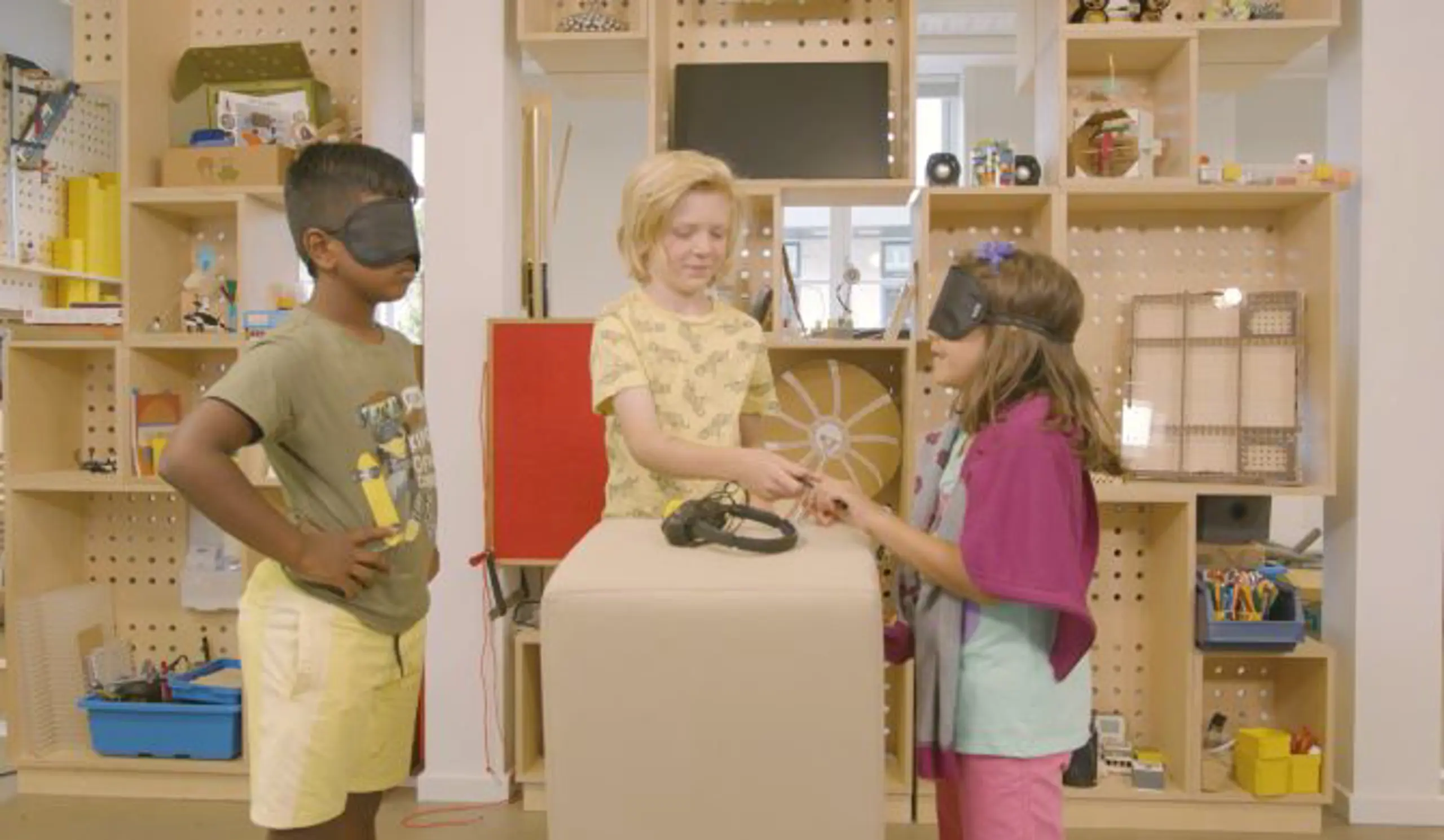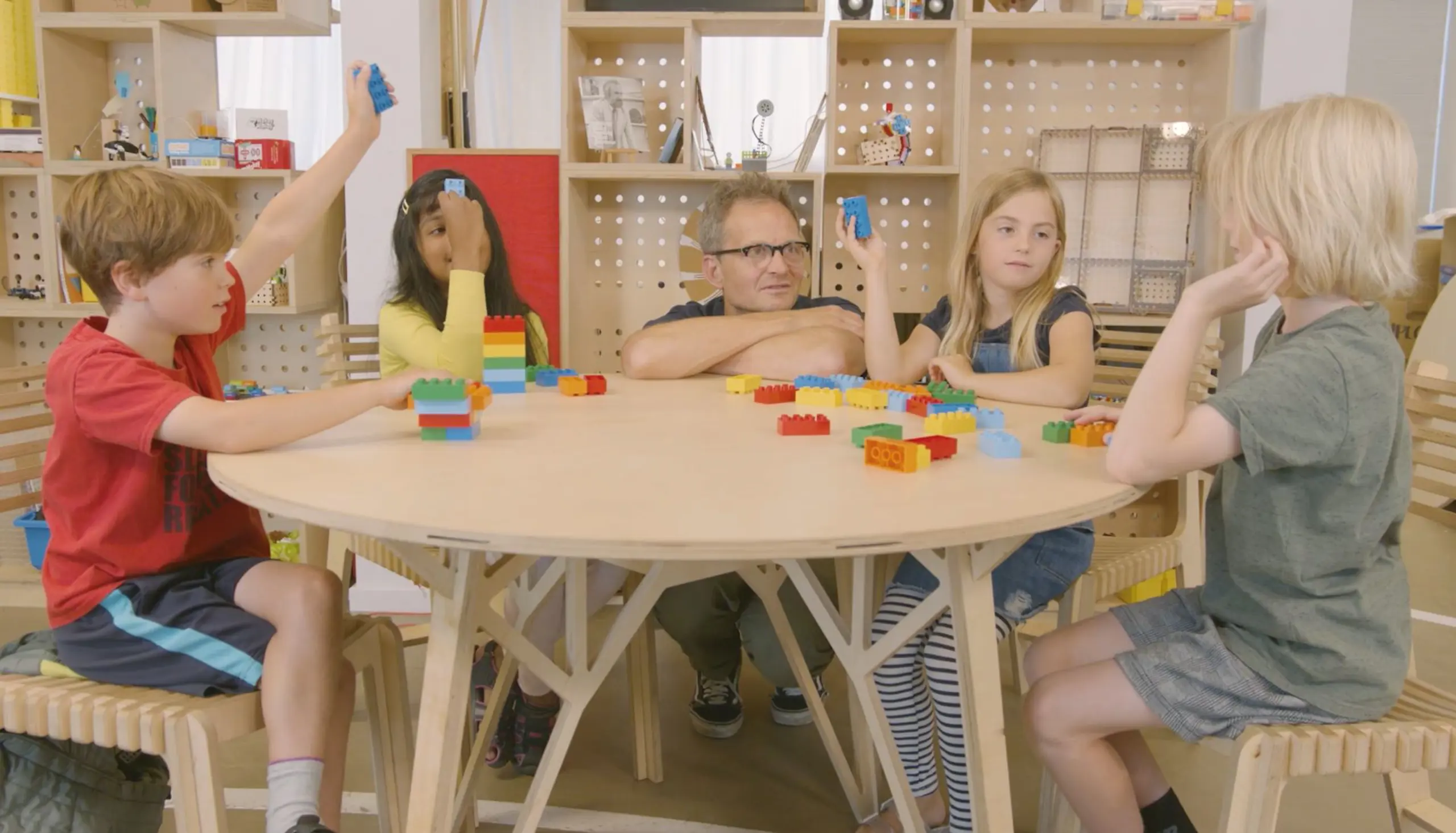So, what’s next?
There’s still so much we’d love to study. For example, we’d love to learn more about the part grown-ups play. So far, it looks like adults who guide children’s play, without controlling every move, help their children pick up those holistic skills even faster.
We’d also love to see:
- more practical studies
- work with older children (the majority of studies focus on 3–5-year-olds)
- larger sample sizes (most are very small)
- studies into more skills (cognitive skills like numeracy get the most attention)
- work with children from more varied backgrounds and cultures
And, of course, play isn’t static – and it’s changed a lot since we first started studying it. How do computer and mobile phone games compare, for example? We are excited to see what comes out of this new and growing research area.
Evidence helps us make the case for learning through play all over the world. The more we can do to keep our data up-to-date, the stronger that case will be. We know learning through play works. Let’s keep showing it!
